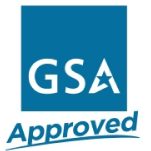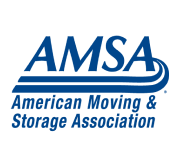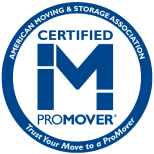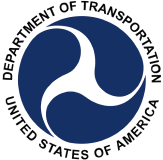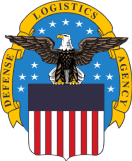Complete Guide to PCS & Military Relocation
Military Moves Can Be Complicated – Use This Guide To Help Plan Your Deployment
Have a PCS coming up, or are you a member of the government or military looking to make a move to or from the Maryland or Washington, DC areas in the near future? We know military moving can be a massive hassle, but it’s far easier with a plan of action. If you’re about to make a military move, use this guide to make certain everything is in order.
Decide Whether You Want to Make a PPM
What Is A PPM?
A PPM, or personally procured move, is a move where you opt to handle all the moving logistics and details yourself, rather than leaving it all up to government officials. This is a voluntary program that you can opt into or out of, but choosing a PPM comes with a lot of advantages!
What Are The Advantages of a PPM?
Not only does a PPM keep all the details in your hands, but you are also paid 95% of what it would cost the government to move you, plus standard travel allowances. If you connect with an affordable mover, this can turn into a nice little bonus after your move.
How to Plan For Your Government or Military Move
If you’re intending to do a personally procured move, you need a plan of action in order to keep things organized. Here are the things you should get lined up right away when you’re about to move:
- Notify your base that you plan to do a PPM and apply – This will be done through your base’s personal property office.
- Pick a moving company – As a member of the military or government, you value your time. Efficiency, precision, and smooth operation are critical for making a move easy. This is why working with a professional moving company—specifically one that is familiar with military moves—is absolutely vital. It’s best to start planning with your chosen mover as soon as possible, so that logistics can be meticulously planned out.
Start Organizing Your Belongings
Moving is the ideal time to reduce excessive personal items and declutter your life. In order to better organize, take these steps:
- Sort all possessions and donate, sell, or junk unneeded items – Simply removing unneeded items cuts down on moving van or storage unit space and helps to facilitate an easier unpacking when you arrive at your new location.
- Destroy or dispose of dangerous materials – Volatile chemicals and combustibles shouldn’t be taken on a move.
- Create a thorough list of all of your possessions – It’s tedious work, but an exhaustive list of your possessions makes moving so much simpler. It’s easier to keep track of your stuff, to coordinate with your movers, and helps to ensure nothing gets lost.
- Procure adequate moving supplies – Your list is helpful for this, too. Either connect with a supplies company versed in military moves or consult with your movers on packing. Either can help you estimate quantities of materials so that you don’t under-provision or overspend.
Do You Need a Storage Unit?
Utilizing temporary or long-term storage facilities gives you ample time to handle your move. Storage can be used as a secure place to store items during your move, or it can be a good way of keeping non-essentials safe until you’re done with unpacking.
Georgetown Moving and Storage Company is a GSA-Approved Mover in Washington, DC
Planning a military move? Georgetown Moving and Storage Company is a GSA-approved moving company that can make the process smooth and simple.
Contact us online, or call (703) 889-8899 to learn more about our military relocation services!





